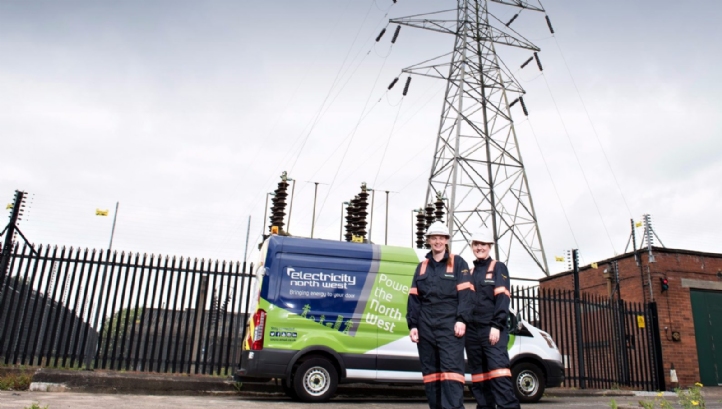Electricity North West has announced plans to decarbonise the entire region within the next 20 years.

The collaborative scheme targets a carbon-neutral region by 2038
The Leading the North West to Zero Carbon plan aims to get the region to zero-carbon status by 2038 and already has a number of signatories, including Manchester City Football Club and the University of Manchester.
As part of the plan, Electricity North West will invest £63.5 million over the next four years, on top of its existing outlay of £1 million into their power network every day.
This money will be used to fund sustainable energy initiatives, where Electricity North West will work with local councils and authorities, such as Manchester City Council and the Greater Manchester Combined Authority, as well as businesses that are investing in the area.
Electricity North West will also invest in local and community schemes and initiatives that are helping push towards decarbonisation.
These include £71,000 for Community Energy grant funds, £104 million for upgrades to the Greater Manchester power network, and work on a transport strategy that will see a significant switch to electric vehicles alongside Metrolink integration.
“Electricity demand in our region could nearly double by 2050 which is an increase in power equivalent to one new nuclear power station,” Electricity North West’s chief executive Peter Emery said.
“We are therefore launching our vision for how we will create and manage a dynamic and interactive electricity network to meet these demands while also hitting our zero-carbon target for the whole region, not just Greater Manchester.”
Central Manchester MP and chair of the Greater Manchester All Party Parliamentary Group, Lucy Powell added: “If we are to meet the ambitious targets set out to be carbon neutral by 2038 then that means enabling a huge increase in electric car use and in generating our own power in the region through solar panels and other means.
“I’m delighted Electricity North West is helping to lead this conversation and is taking action to help us all get there.”
Greg Jones
This article appeared first on edie’s sister title, Utility Week
